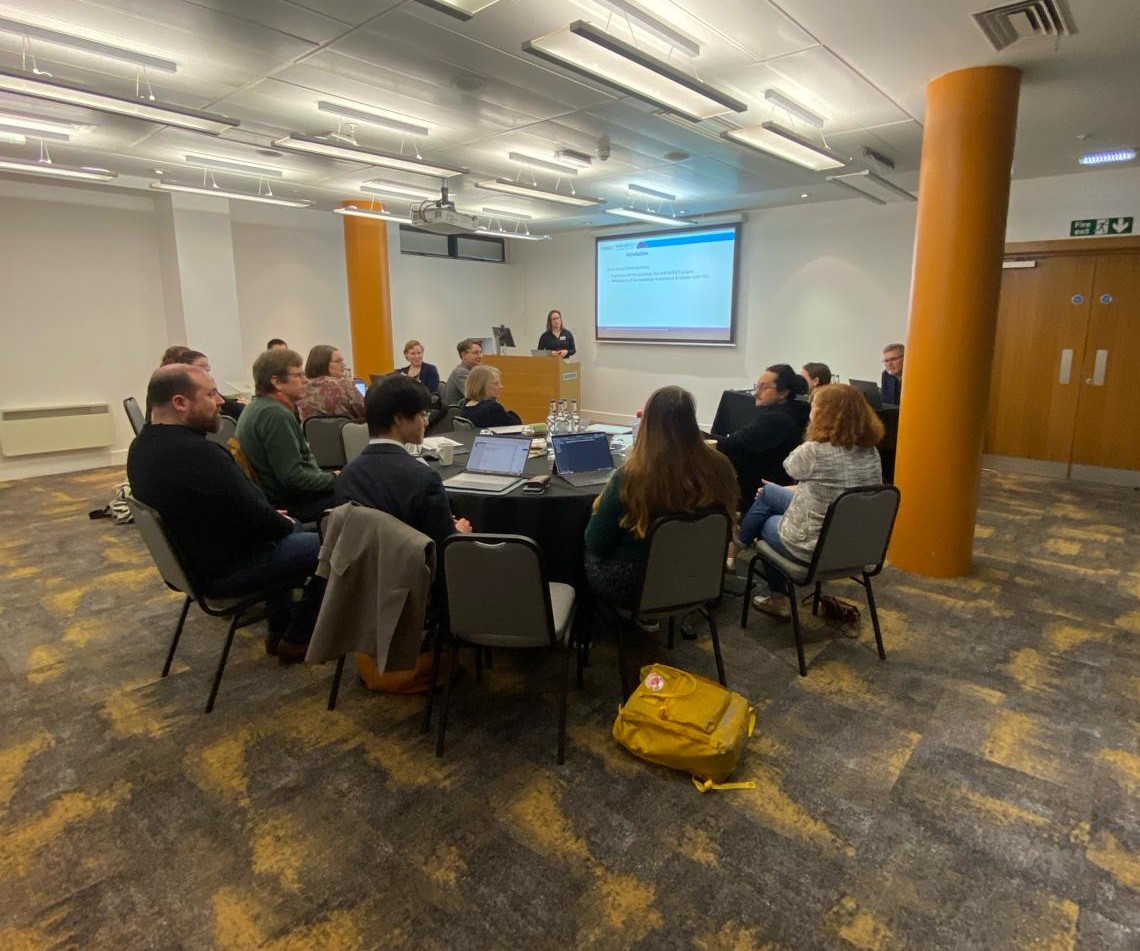
During the 18th International Digital Curation Conference, FAIR-IMPACT organised 3 workshops about several topics related to FAIR data practices, with some of the sister projects FAIRCORE4EOSC and Skills4EOSC. Interested in the main highlights of what was discussed? Then the next lines are for you!
FAIR-by-Design: introducing Skills4EOSC and FAIR-IMPACT resources and support
This half-day workshop aimed to showcase and test recent outputs from the FAIR-IMPACT and Skills4EOSC projects that help stakeholders integrate FAIR-enabling activities into their workflows. Skills4EOSC presented their FAIR-by-Design Methodology which can be used to create FAIR outputs and FAIR-IMPACT shared recent efforts to develop recommendations and related metrics to support the FAIRness of research software. Participants had ample time during the workshop to work in one of three small groups to test the methodology, metrics, and guidelines and to share experiences with their peers.
Defining criteria for assessing PID Policies and Services", jointly with FAIRCore4EOSC project
The aim of the half-day workshop was to “introduce a compliance assessment method to determine the characteristics of Persistent Identifier (PID) policies and services”. The workshop started with an overview of the “PID ecosystem” including actors, standards and projects that help ensure that identifiers are globally unique, persistent and resolvable. Through an interactive session, workshop attendees were consulted on a number of issues including criteria for assessing the quality of PIDs, the availability of PID policies and knowledge about existing PID services for a wide range of objects.
In the second half of the workshop the attendees received an introduction on a framework used to assess and measure PIDs. Next, this framework, also known as the Compliance Assessment Toolkit (CAT), was applied by attendees in a collaborative exercise. The twenty-six CAT criteria were evaluated against two fictitious PID services with corresponding policies. This provided attendees a more in depth understanding of the PID criteria and with practical experience on how to assess with this framework.
Guidelines on transparent exposure of repository information: informing decisions on trustworthiness
During the workshop ‘Guidelines on transparent exposure of repository information: informing decisions of trustworthiness’, eighteen participants were introduced to FAIR-IMPACT’s work on the creation of the guidelines for repository transparency, followed by an interactive part in which participants evaluated the exposure of information in their own organisation.
FAIR-IMPACT’s newly developed guidelines for the transparent sharing of information and evidence aim to facilitate discovery, communication, and interoperability between a range of digital objects and repository criteria. Workshop attendees considered how their organisation exposes certain attributes, how this could be improved, and considered potential use cases that contribute to organisational interoperability and trust. The results from this workshop will be published in a report and integrated in the refinement of the guidelines.
The workshop facilitated meaningful and valuable conversations between different stakeholders and their perspectives on information in the scientific ecosystem and generated a lot of feedback to take into account as the work develops further.
Want to know where FAIR-IMPACT is heading next? Check our next events




